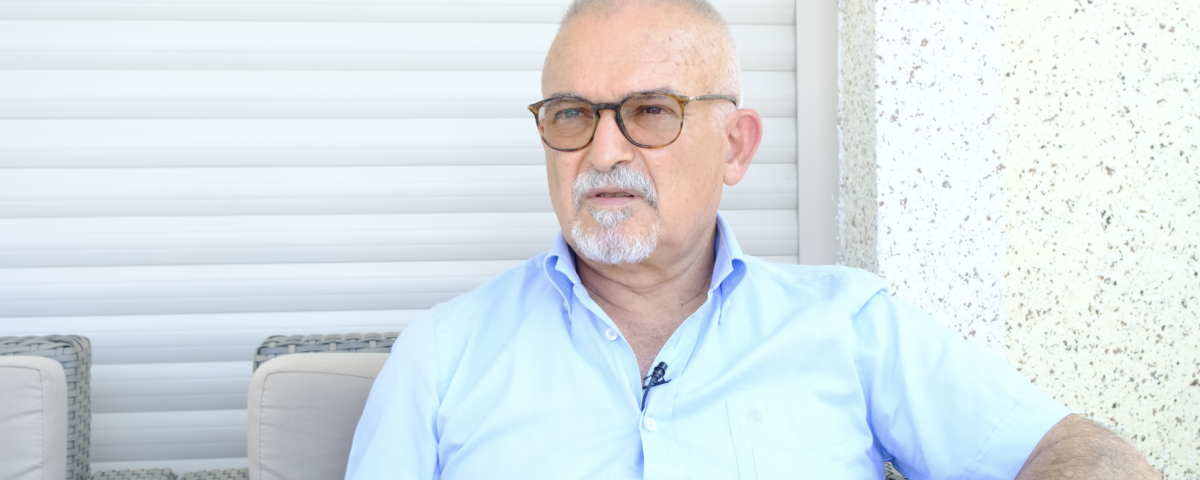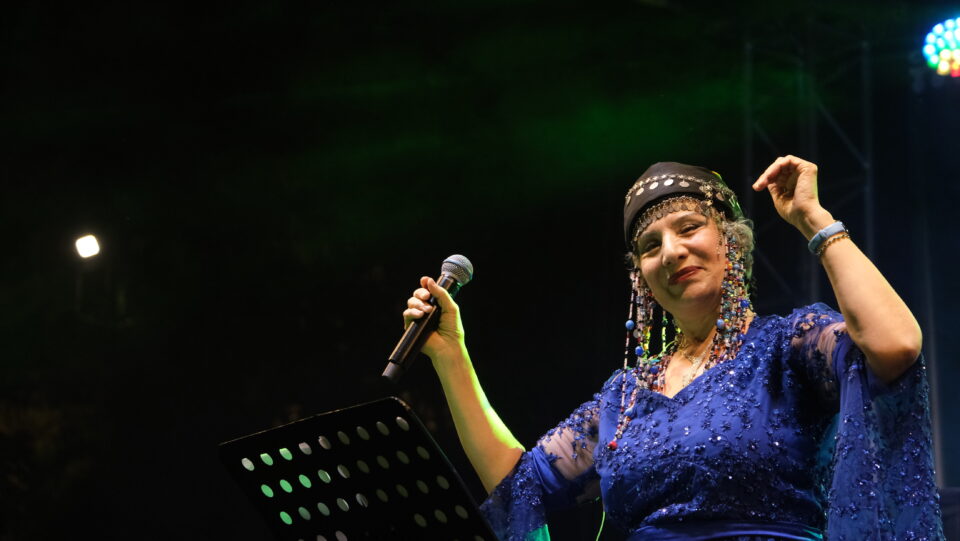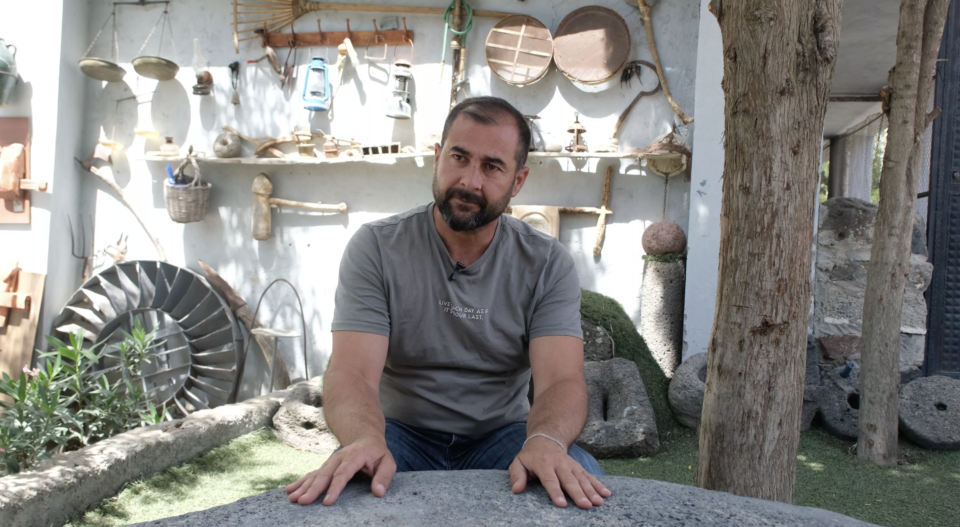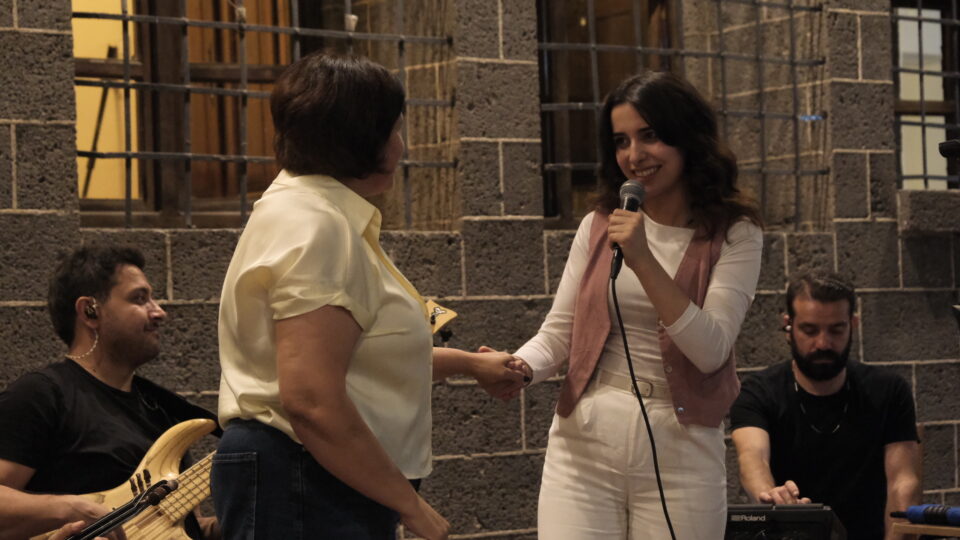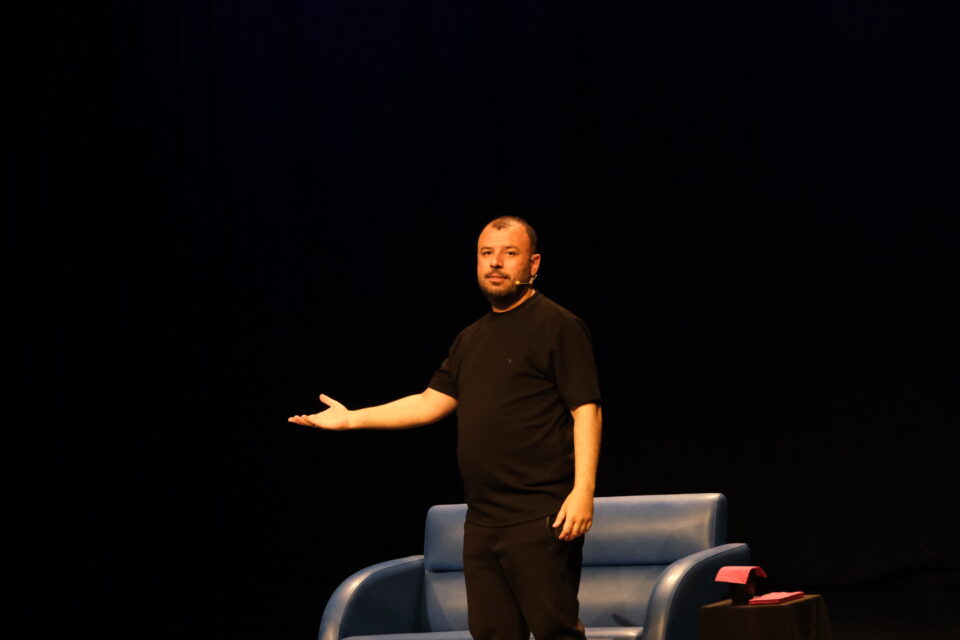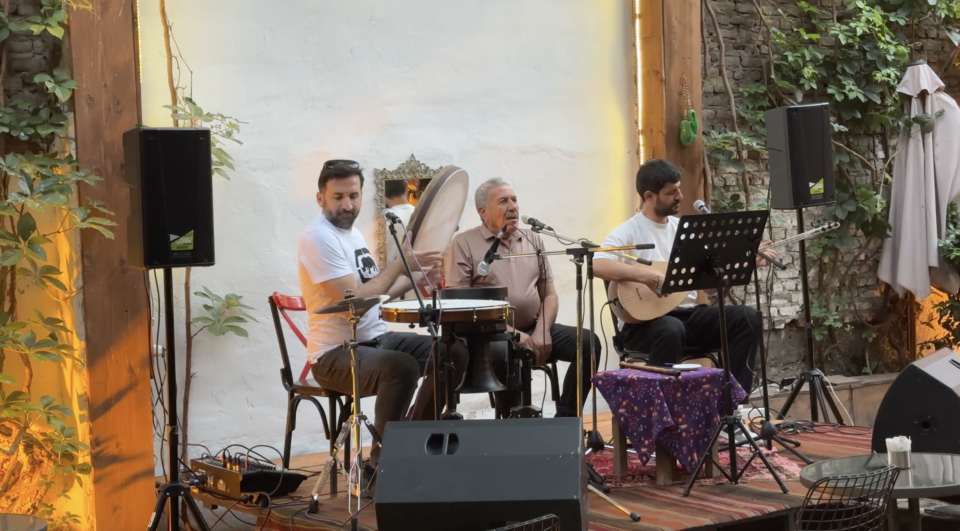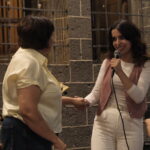
A voice stretching from Diyarbakır to New Jersey: Kosrof Malool’s forgotten Kurdish songs
18.09.2025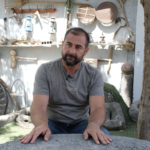
The history carved into stones in the village of Şabani, Cizre
03.10.2025Forgotten traditions in Kurdish villages of Central Anatolia: Stories from the village of Mikaîla
Inler (Mikaîla), one of the Kurdish villages of Central Anatolia, attracts attention with its rich cultural heritage that has been passed down from the past to the present. Fikret Yıldız (Dr. Mîkaîlî), one of the writers of Bîrnebûn Magazine, recounted the traditions he witnessed in his childhood and the village customs that are in danger of being forgotten for Şoperêç. These pieces of oral culture, which remain in his memory, shed light on the shared history of both the Kurds and Anatolia.
Beran Berdan ceremony
One of the most important traditions in the village was the Beran bardın ceremony. In autumn, the rams separated from the flock were painted red and decorated with bells and chimes in the village square. The shepherds brought their flocks to the square, the villagers prepared food, and this gathering took place in a festive atmosphere. The rams were returned to the flock, and the beginning of a fruitful year was celebrated.
Buka Baranê: Rain Bride
In years without rain, the village performed the Buka Baranê (Rain Bride) ritual. Children decorated brooms like brides and went from house to house collecting food. This tradition was a symbolic call for rain and fertility to come to the village.
Heftumal and Newroz
The villagers continued the Heftumal tradition during Newroz. Tables were set with seven different dishes to celebrate the arrival of spring. Children gathered bılbıze (Newroz flowers) blooming in the village, and festivities were held.
Hıdırellez and spring celebrations
In May, villagers would go out into the fields, lambs would be slaughtered, folk dances would be performed, and games would be played. Hıdırellez was celebrated every year without fail, and the village square would turn into a festival ground.
Beliefs, fears, and protectors
Witch stories, evil eye beads, guardian spirits, and legends played an important role in the daily lives of villagers.
It was believed that whoever found the golden-horned snake would become rich.
The weight that fell on a person while they slept was called Kawus.
Fire was considered sacred, and it was believed that urinating on it was a sin.
Women’s hair was hidden in holes in the walls, and people did not walk over ashes to protect themselves from jinn.
Respect and customs in village life
Children were taught to respect their elders from an early age. They did not cross their legs in the presence of elders and waited for them to speak. At the dinner table, guests or the oldest person started eating first. These rules were the invisible laws of village life.
Cultural memory from Kurdish villages in Anatolia
These traditions, passed down from the village of İnler, are not just folklore; they are also the cultural memory of the Kurds of Central Anatolia. Although rituals, games, beliefs, and legends may be forgotten over time, they are still kept alive today thanks to oral history.
These narratives reveal the existence of the Kurds in Anatolia, their daily life, and their social values.
📌 For more content on Kurdish culture and oral history, check out Şoperêç’s

